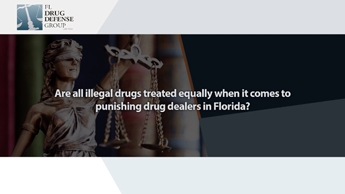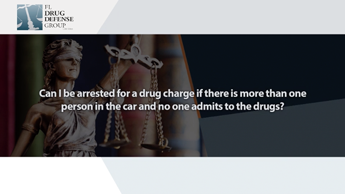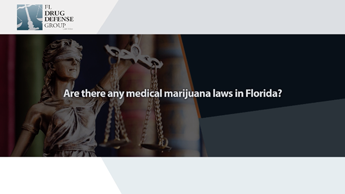You Can Still Get In Serious Legal Trouble For Ketamine Possession, Even As Research On Its Therapeutic Uses Continues

From a medical perspective, substance use disorder is a mental illness; the Diagnostic and Statistical Manual of Mental Disorders (DSM), the most authoritative textbook on psychiatry, categorizes it as such. Meanwhile, since there is so much variety in the substances to which one can become addicted, there is not one single medication that can help every patient manage their addiction and abstain from drug use. Medication-assisted treatment must be specific to the drug on which the patient has developed a physical dependence. For example, methadone and buprenorphine are effective for management of opioid use disorder, but they do not prevent withdrawal symptoms from drugs other than opioids. Even though its place in the headlines has since been eclipsed by a parade of “villain of the week” drugs, from oxycodone to methamphetamine to heroin to fentanyl to xylazine, cocaine can and does kill. According to the web site Neuroscience, 20 percent of fatal overdoses involve cocaine, and cocaine abuse is three times as prevalent in the United States as methamphetamine abuse. Despite this, the FDA has not approved any drugs for medication-assisted treatment of cocaine use disorder. A new study proposes that ketamine could be useful to help people with cocaine use disorder abstain from cocaine. Several legal ketamine clinics operate in Florida, but recreational use of ketamine remains illegal. If you are being accused of illegal possession of ketamine, contact a Florida drug offenses attorney.
The Addiction Study on Ketamine as a Treatment for Cocaine Use Disorder
A study by researchers from Case Western Reserve University in Ohio appears in the most recent edition of Addiction. The researchers make a case that ketamine could be a more effective treatment for cocaine use disorder than the other drug therapies that doctors have tried, such as stimulants and antidepressants.
Legally Accepted Uses of Ketamine
Ketamine is a Schedule III controlled substance. It’s only FDA-approved medical use is for anesthesia, as it produces a dissociative state without depressing respiration or heart rate. Meanwhile, its off-label uses as a treatment for chronic pain, clinical depression, and post-traumatic stress disorder are increasingly sought after. Doctors can administer ketamine intravenously for these purposes at licensed ketamine clinics. Some of these clinics operate in Florida, including at least one in Orlando.
Conversely, possession of ketamine outside of licensed clinics, hospitals, and outpatient surgery centers is illegal. Ketamine has increased in popularity as a recreational drug, where it can be administered in a variety of ways. Journalists have made their share of wisecracks about a “ketamine chic” style of dress adopted by apathetic teens. No matter your age, though, you can face serious criminal penalties for possession of ketamine.
Contact FL Drug Defense Group About Drug Possession Cases
A Central Florida criminal defense lawyer can help you if you are facing criminal charges for possession or distribution of ketamine. Contact FL Drug Defense Group in Orlando, Florida to discuss your case.
Sources:
ketaminehealthcenters.com/
neurosciencenews.com/addiction-ketamine-treatment-22532
lexology.com/library/detail.aspx?g=5855a968-ed47-40f3-b95e-b64523e378a8







